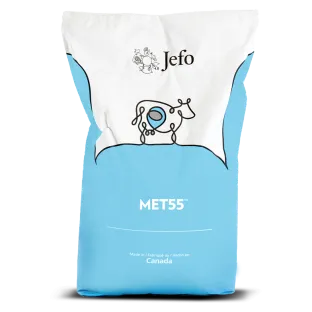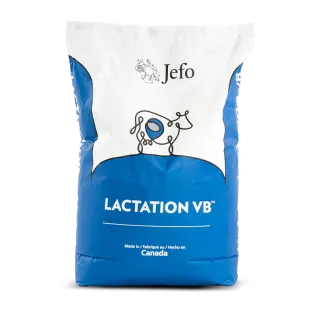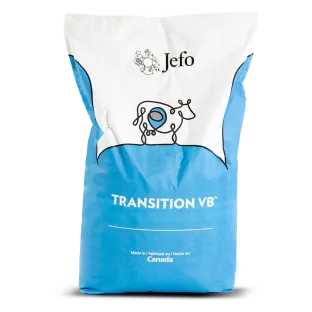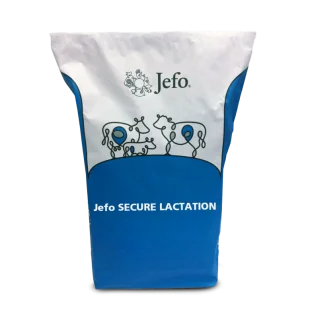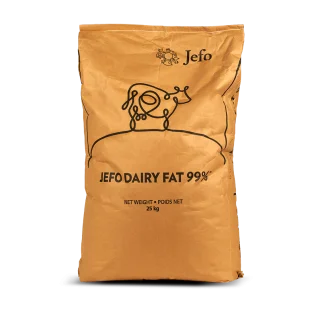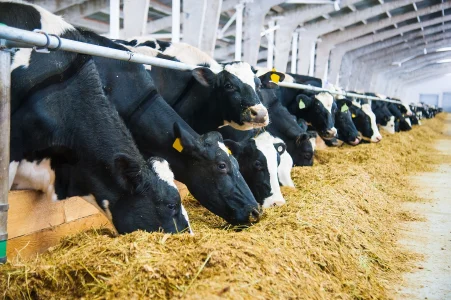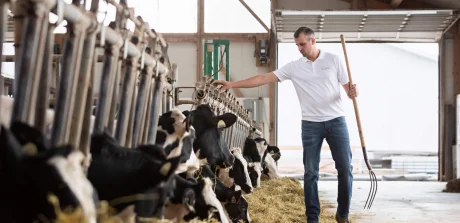- Article
- Dairy
- Management
- Feed efficiency
- Digestibility
- Performance
Drought's Impact on Corn and Forage Crops: Nutritional Considerations for Your Herd
Drought conditions can significantly alter the nutritional profile of corn and forage crops, posing challenges for maintaining a balanced diet for your dairy cows. Understanding these changes is crucial to ensure your herd continues to receive the nutrients necessary for optimal health and productivity.
How drought affects crop nutritional content
During periods of limited rainfall, crops undergo several physiological changes that can impact their nutritional value:
- Starch content: drought-stressed corn often exhibits reduced starch accumulation, leading to lower energy availability in the feed.
- Energy content: the overall energy density of forages may decrease due to diminished carbohydrate levels.
- Soluble sugars: a decline in soluble sugar concentrations can affect the palatability and fermentability of silage.
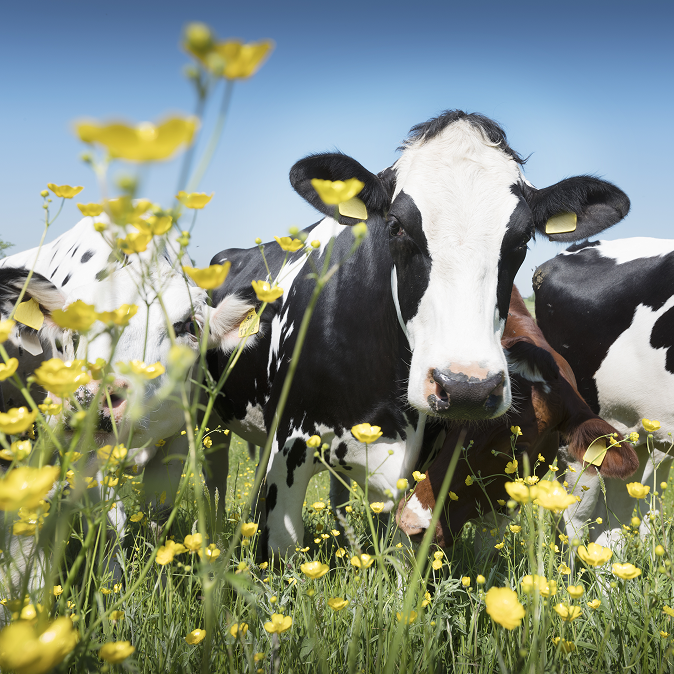
These alterations necessitate careful evaluation and adjustment of your feeding strategies to maintain a well-balanced Total Mixed Ration (TMR).
Recommended actions for producers
To mitigate the adverse effects of drought on your herd's nutrition, consider the following steps:
1. Conduct regular feed testing:
- Analyze the nutritional composition of your forages and corn silage to identify deficiencies or imbalances.
2. Adjust ration formulations:
- Based on test results, reformulate rations to compensate for nutrient shortfalls, ensuring that energy and protein requirements are met.
3. Incorporate alternative feedstuffs:
- Utilize alternative ingredients or supplements to enhance the nutritional profile of the diet when traditional forages are compromised.
4. Monitor cow health and performance:
- Keep a close eye on milk production, body condition, and overall health indicators to assess the effectiveness of dietary adjustments.
By proactively managing these aspects, you can help maintain your herd's performance and well-being, even under challenging environmental conditions.
Find Out More
For more detailed information and personalized guidance, consider consulting with a nutritionist or your feed representative.
